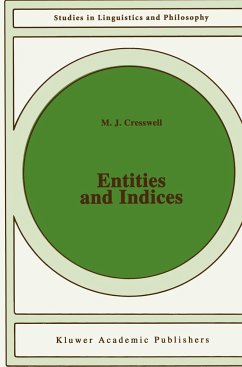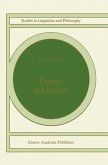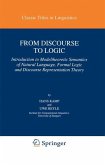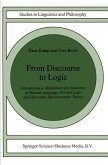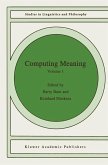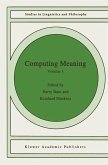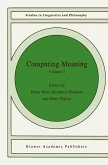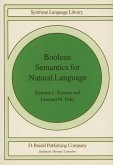In ordinary discourse we appear to ta1k about many things that have seemed mysterious to philosophers. We say that there has been a hitch in our arrangements or that the solution to the problem required us to examine all the probable outcomes of our action. So it would seem that we speak as if in addition to eloeks, mountains, queens and grains of sand there are hitches, arrangements, solutions, probiems, and probable outcomes. It is not immediately obvious when we must take such ta1k as really assuming that there are such to develop tests for things, and one of the tasks in this book is discerning what has eome to be called ontological commitment, in naturallanguage. Among the entities that natural language appears to make reference to are those connected with temporal and modal discourse, times, possibilities, and so on. Such entities play a crueial role in the kind of semantieal theories that I and others have defended over many years. These theories are based on the idea thatan essential part of the meaning of a sentence is constituted by the conditions under whieh that sentenee is true. To know what a sentence says is to know what the world would have to be !ike for that sentence to be true.
Hinweis: Dieser Artikel kann nur an eine deutsche Lieferadresse ausgeliefert werden.
Hinweis: Dieser Artikel kann nur an eine deutsche Lieferadresse ausgeliefert werden.
`... I heartily recommend it to any philosopher of language interested in the issues. [...] Logicians, of course, will want to savour the whole thing.'
Australian Journal of Philosophy, 71:3 (1993)
Australian Journal of Philosophy, 71:3 (1993)
`... I heartily recommend it to any philosopher of language interested in the issues. [...] Logicians, of course, will want to savour the whole thing.'
Australian Journal of Philosophy, 71:3 (1993)
Australian Journal of Philosophy, 71:3 (1993)

